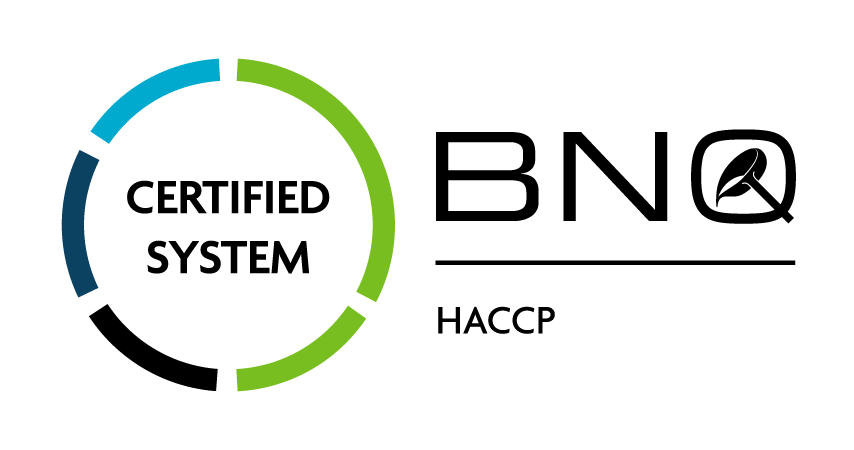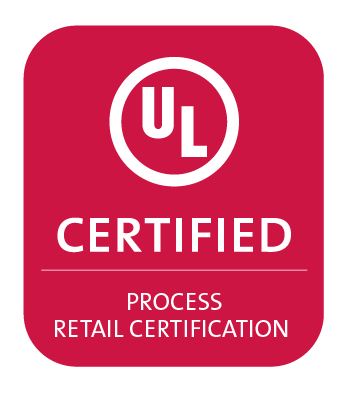
Probiotics, products that contain scientifically documented live microorganisms, are increasingly being used by consumers around the world. Market growth could potentially be significant, offering sizable opportunities to scientific-minded companies aware of the complexities of probiotics. To sustain and solidify consumer interest, probiotic manufacturers will need to deliver effective products based on science and produced through responsible manufacturing and packaging operations.
The Natural Marketing Institute (NMI) reports that interest in probiotics is currently surpassing niche markets and entering the mainstream. Nearly 50% of consumers are aware of probiotics, finds NMI, and these consumers believe they offer a number of health system benefits. And clinical research has continued to grow steadily for more than a decade, with several studies demonstrating probiotic effectiveness. Probiotics are currently being marketed to help consumers maintain specific health structures or functions in digestion and immunity.
Such health structure and function benefits can only be achieved through probiotic potency and efficacy. Probiotics manufacturing is complex, requiring knowledge and use of specific bacteria strains whose safety and efficacy has been established through scientific study. Because the strains themselves can be vulnerable to certain environmental hazards, in-depth manufacturing and handling knowledge as well as documented quality control are crucial for success.
Clinical studies of specific strains produced by individual companies have allowed probiotic product manufacturers to make specific health claims in digestion and immune system response. “But there are opportunities beyond these categories,” notes one expert with a leading global developer of probiotic strains. “Probiotics can play a role in prevention.” The company continues to study certain scientifically documented probiotic strains.
Market success depends upon such commitment to science. “Consumers demand information to make their own assessment, and they seek measurable health benefits,” notes this expert. “So as the market starts to mature, educated consumers will challenge companies to prove benefits.”
To offer effective probiotic products, manufacturers must be aware of their special requirements. They are sensitive to moisture, so formulating products is a challenge. Heat and oxygen could present problems, too. Exposure to such hazards needs to be minimized throughout processing, handling, transportation, storage, and retail.
Ensuring probiotic viability (the microorganisms must be alive at consumption) is essential for product efficacy. Because probiotics are formulated with specific potencies determined through scientific study of specific strains, such potency must be maintained throughout product life. And the potency as listed on product labels needs to be guaranteed throughout that product life.
As a result, packaging that promotes viability throughout product shelf life is critical. Key considerations will be the moisture vapor–transmission and oxygen-transmission rates (MVTR and OTR) of pack- aging materials as well as potential cold-chain management solutions. Light, too, could threaten potency, so protection may be needed during manufacturing and packaging.
Ropack Inc. has been working since 2004 to help probiotic product manufacturers develop packaging that ensures product integrity. Maintaining low relative humidity packaging operations year-round between 20% and 50% RH, Ropack tracks all excursion periods out of cold storage in batch dossiers. After packaging, products are returned to the closely monitored cold chamber until released and shipped. Cold room temperatures are maintained at 4–5°C. Alarms signal any (unlikely) change in temperature (a drop below 1.5°C or a rise above 8.5°C).
Ropack offers a range of packaging formats. While clinical studies help establish effective dosing and formulation, special packaging such as unit-dose and unit-of-use formats could play important roles in maintaining potency and supporting suggested regimens to ensure proper consumption. Such packaging could even promote product compliance during clinical trials to ensure thoroughly scientific studies. Options provided by Ropack include sachets, aluminum tubes, CSP flip-top vials, cold-form blisters, and blisters with individual desiccants.
User-friendly products and packaging will also be key. “Consumers seek products that are easy and convenient to consume,” says the probiotics developer. He suggests that manufacturers develop a multitude of products. “Probiotics should be in as many forms as possible to offer consumers choice.” But manufacturers should ensure that such choice still allows probiotic products to be delivered in as efficacious of a manner as possible, he concludes.
“Probiotics require unique manufacturing, packaging, and supply chain knowledge,” says Paul Dupont, director of business development, North America, for Ropack. Processing and handling controls could be as stringent as those required for pharmaceuticals. “Providing primary and secondary packaging services for clinical and commercial pharmaceutical customers, our facilities are cGMP compliant and FDA certified.”
In fact, given the pharmaceutical industry’s long history of research and development and clinical study, it may be in a unique position to advance the market opportunities for probiotics. “Large pharmaceutical companies are well positioned to demonstrate, support, and communicate the health benefits of probiotics,” Dupont says. “They may be able to develop a broad awareness among consumers of clinical probiotic effectiveness.”
Ropack offers turnkey primary and secondary pharmaceutical packaging services for solid-oral dosages, tablets, powder, and encapsulation into blisters, pouches, bottles, and carded blisters. Ropack has over 10 years’ experience in packaging temperature- and humidity-sensitive products and is able to package materials at 20% RH year-round. Facilities are cGMP compliant and FDA certified, supporting clinical trials, short-run startups, commercial production, and warehousing and distribution services for more than 90 U.S., Canadian, and European pharmaceutical and nutraceutical customers.
Download the File





